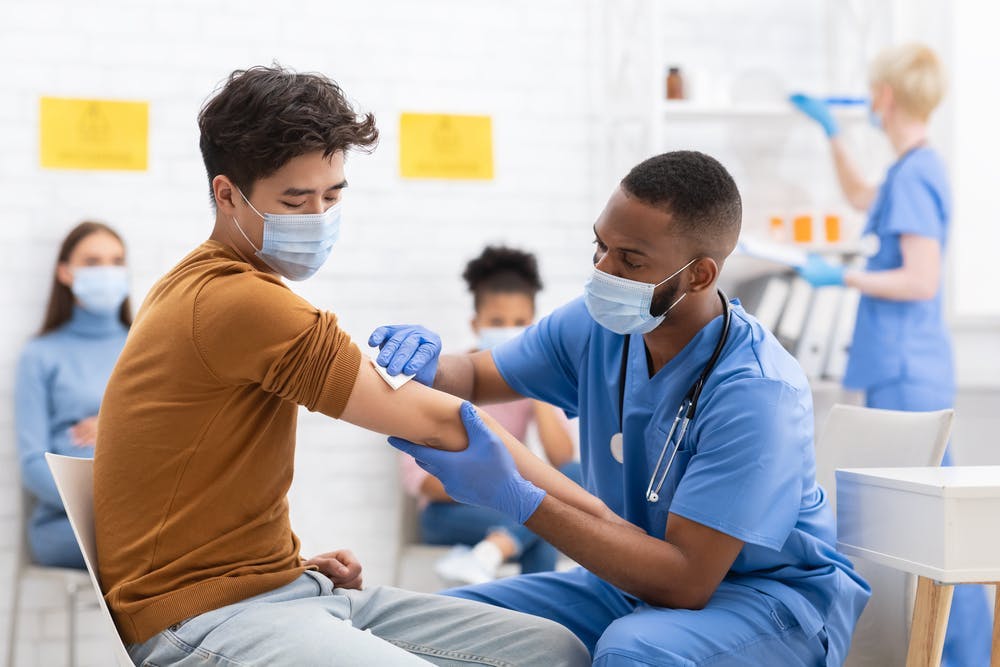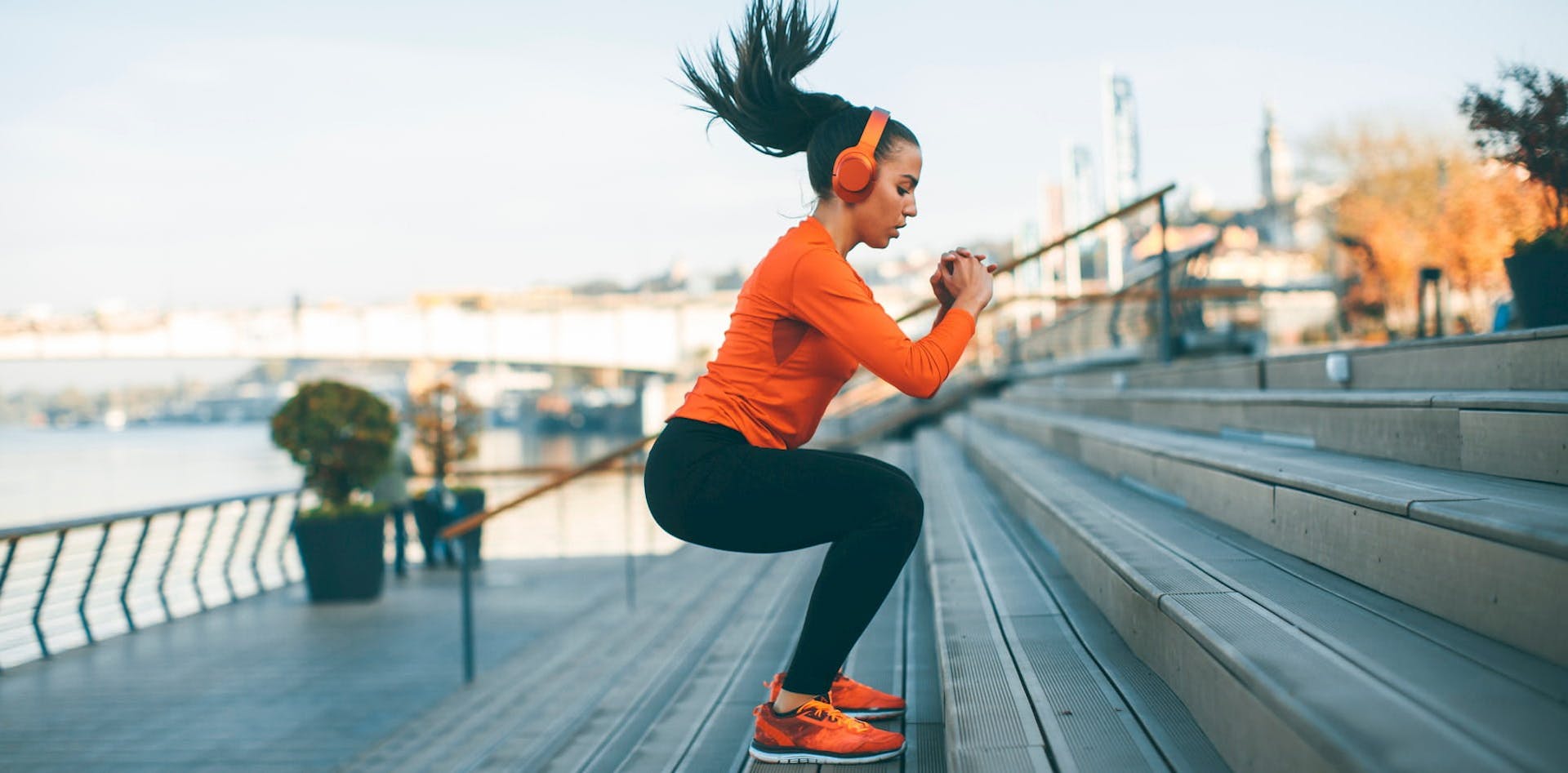9 essential tips for preventing accidental poisoning at home
Accidents aren’t supposed to happen. The best we can do is try to prevent accidents. When it comes to accidental poisoning, preventive measures are key. This is especially true in a household with young children.
According to the, over 300 children in the United States are treated for accidental poisoning every day. Children are naturally curious and may come across household cleaners or other chemicals. Even if a product doesn’t have a poison warning label, it may still be hazardous if consumed.
Don’t let this situation ever happen to you. Follow these prevention tips:
- Keep all household products in their original bottles. Do not replace the original containers with cups, bottles, or other household items that are normally used for food.
- Lock up chemicals in a safe place. The best place to keep cleaners, pesticides, and medicines is in a high cabinet or compartment with a child-proof lock.
- Never mix chemicals. Sometimes mixing chemicals can result in deadly combinations. For example, mixing bleach and ammonia can create toxic gases.
- Before putting away any medicines, cleaners, or chemicals, make sure the lid is tight and secure.
- Teach your children about the dangers. It’s important that children know household chemicals and pesticides should never be touched – let alone consumed.
- For prescription medicines, always read the label. Follow medication directions closely, especially when giving them to children.
- Dispose of old medicines. Get rid of unused, unneeded, or expired prescription drugs and over-the-counter drugs, vitamins, and supplements. Mix them with kitty litter or coffee grounds before throwing them out.
- Never call medicine “candy”. No matter how badly you want your kids to take their medicine, don’t intrigue them by calling it candy. This could push them to consume dangerous medicines on their own.
- Put all medicines, cleaners, and chemicals away after use. Once you’re done with it, put it in a safe place. Never leave medicines or chemicals out in the open, even if only for a short time.
It’s easy to downplay the dangers of medicines, household chemicals, cleaners, or pesticides. Never underestimate a child’s curious mind. Use the above steps for safeguarding and preventing accidental poisoning from the following products:
- Prescription medications
- Bath and kitchen disinfectants, sanitizers, and bleach
- Mold or mildew killers
- Roach, ant, or spider killers
- Insect repellants
- Rat or other rodent poisons
- Weed killers
- Flea and tick shampoos, powders, and creams for pets
- Swimming pool chemicals
If accidental poisoning occurs, call 911.
If, however, the victim is awake and alert, call the Poison Control Centers national hotline phone number at 1-800-222-1222 or visit an Urgent Care location nearest you.


